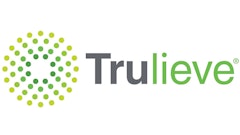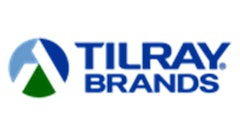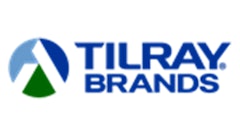
With a federal judge’s recent decision, all eyes are on a cannabis patent case out of Colorado. United Cannabis Corporation is suing Pure Hemp Collective, alleging patent infringement on a formulation of highly concentrated liquid cannabinoids.
As the case advances, the industry is getting a look at how federal courts will interpret the intersection of certain areas of law and cannabis’s federal status as a Schedule-I substance.
At issue is UCANN’s patent of “liquid cannabinoid formulations, with or without specific terpene profiles, including formulations wherein at least 95% of the total cannabinoids is cannabidiol (CBD).” In alleging Pure Hemp’s “willful infringement,” UCANN personnel had purchased Pure Hemp’s Vina Bell 500mg product and tested it to confirm, according to UCANN attorneys, that it was using the formulation cited in the patent.
In a May 22 order, Judge Nina Y. Wang denied Pure Hemp’s attempt to explain how UCANN’s patent is invalid. In doing so, the lawsuit will proceed.
David Gold, intellectual property attorney at Cole Schotz, says that this case carries different levels of interest for cannabis industry stakeholders. Some are watching the mechanics of how this actual patent is treated, and others are watching how this litigation will affect the trajectory of the global marketplace.
There are several questions at play here.
Will federal courts hear cases concerning the alleged infringement of a patented invention used in connection with illegal substances? It’s unlikely that any company tied up in a case like this would make that argument, however, as the parties are arguing for the very use of this formulation and its connection to cannabis.
Is this patent valid? Patents don’t require a valid use in commerce; the fundamental argument for a patent requires that it be novel, useful and non-obvious (and legally eligible for patent). This is different from trademarks, which require a valid use in commerce and which are administered by the same federal office. But a central question that the court broached is whether these formulations of cannabinoids constitute a natural phenomenon, getting into the innovative science behind cannabis products; the court in this case has already stated that UCANN’s “handiwork” led to the patented formulations and that they are eligible for patent.
Beyond those issues, Pure Hemp contends that UCANN was working off “prior art”—that UCANN had taken the content in its patent from other companies. The court has yet to rule on that counterclaim.
Is this patent overly broad? UCANN’s patent on liquid cannabinoid formulations describes a process by which other cannabis product manufacturers could, in theory, develop concentrates.
In the event that UCANN is successful in its lawsuit, the company could then target other cannabis businesses who are using the same concentrate formulation. Prior to filing the lawsuit, UCANN extended a licensing deal to Pure Hemp—something that could foreshadow how UCANN might use a successful patent claim in this case.
If UCANN loses, then other businesses may go ahead and pursue such formulations more competitively. Surely, though, this won’t be the last chance to see a cannabis patent case land in federal court. Because this case is playing out in the District of Colorado, any judicial order is relegated only to that state. In other words, an order is not precedential unless it shoots up the appeals ladder toward a Circuit Court or, in a very unlikely course of events, the Supreme Court of the United States.
Then again, UCANN and Pure Hemp may reach a settlement, and the case may disappear entirely.
So, what next? Gold says we’re “months, if not years” away from a decision on whether Pure Hemp infringed on UCANN’s patent.
“That’s going to require what’s called ‘claim construction,’ where they’re going to go through, and there’s going to be demonstratives and scientists and experts that are going to get in and figure [the patent claim] out,” he says.
Cannabis businesses operating in the cannabinoid concentrate segment of the industry would do well to watch this case closely.
UCANN v. Pure Hemp by on Scribd

























